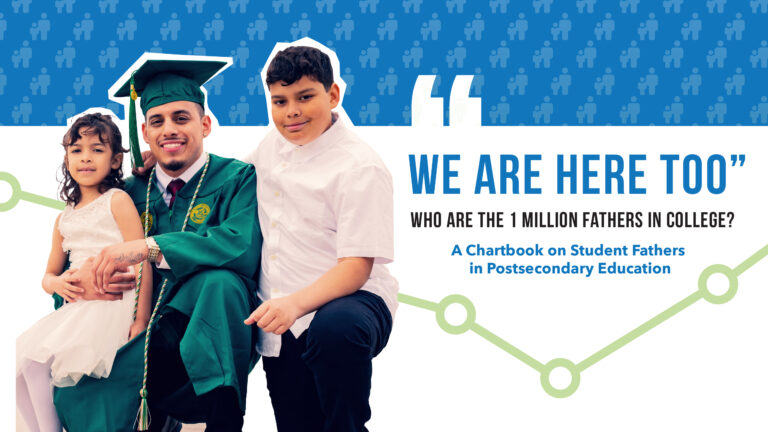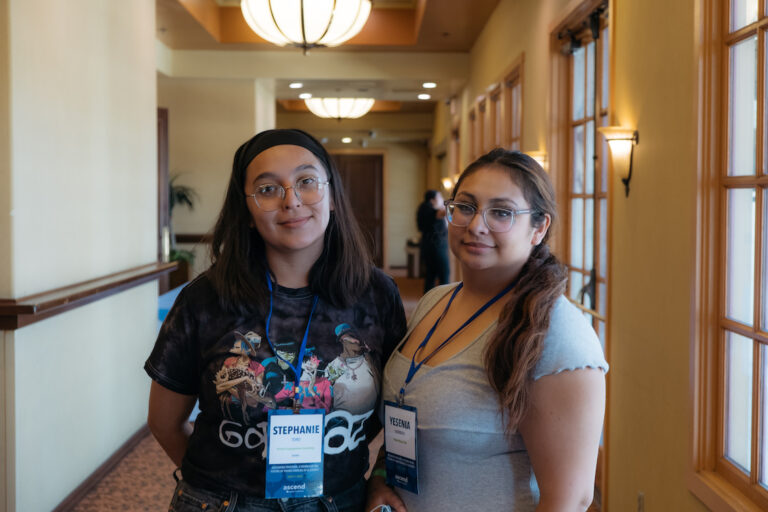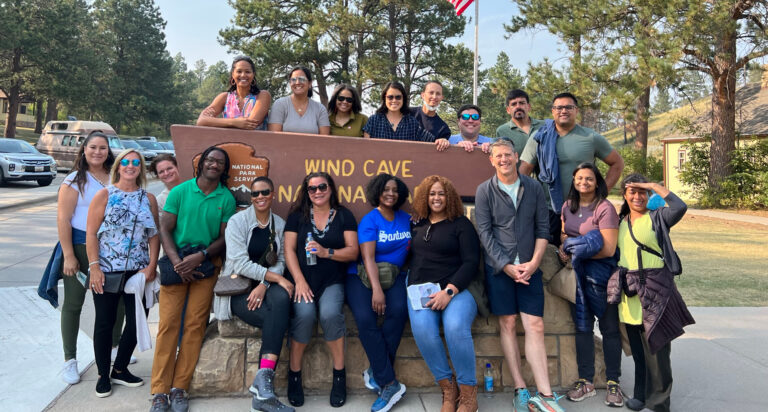New Brief: Aspen Early Childhood and Health Forum
Dealing with hurdles to access quality healthcare takes parents away from work and school and limits their ability to increase their own financial resources. Difficulty tracking the needs and outcomes of families makes it even harder to forge a clear path toward economic mobility. To address these barriers, Ascend at the Aspen Institute gathered state leaders, practitioners, researchers, philanthropists, and parents, as well as nine Ascend Fellows, for the third annual Aspen Early Childhood Health Forum.
The multi-day convening allowed state teams to share innovations and discuss strategies for replicating what is working and overcoming barriers to success. Supported by the David and Lucile Packard Foundation, Robert Wood Johnson Foundation, and others, the Forum offered both technical assistance and peer-learning opportunities. The Forum brought together up to 70 leaders from across the country and focused on five state teams.
These discussions resulted in a comprehensive brief that highlights innovative two-generation ideas for improving access to family supports and services. The brief includes real examples of systems and programs that are already working in some states that can be adapted and replicated elsewhere. They are categorized as “Steal This” throughout the brief. It also notes several barriers (“Solve This”) that need to be addressed for these ideas to gain traction and serve more families.
The five state teams at the Forum were Colorado, Maine, Mississippi, Oregon, and South Carolina. Each state shared major innovations that are poised to transform the education, health, and well-being of young children and their families as well as roadblocks that are impeding their success. For example, Colorado’s 2Gen innovation features access to comprehensive health care services in early care and school-based settings such as, Head Start programs and child care centers. This strategy creates new measures of success for families who may not have access to these resources through other service points.
Ascend encourages policymakers, practitioners, philanthropists, and service providers to review this brief and explore the progress these states are making in putting the health and well-being of children and families at the center of their work.
Related Posts















